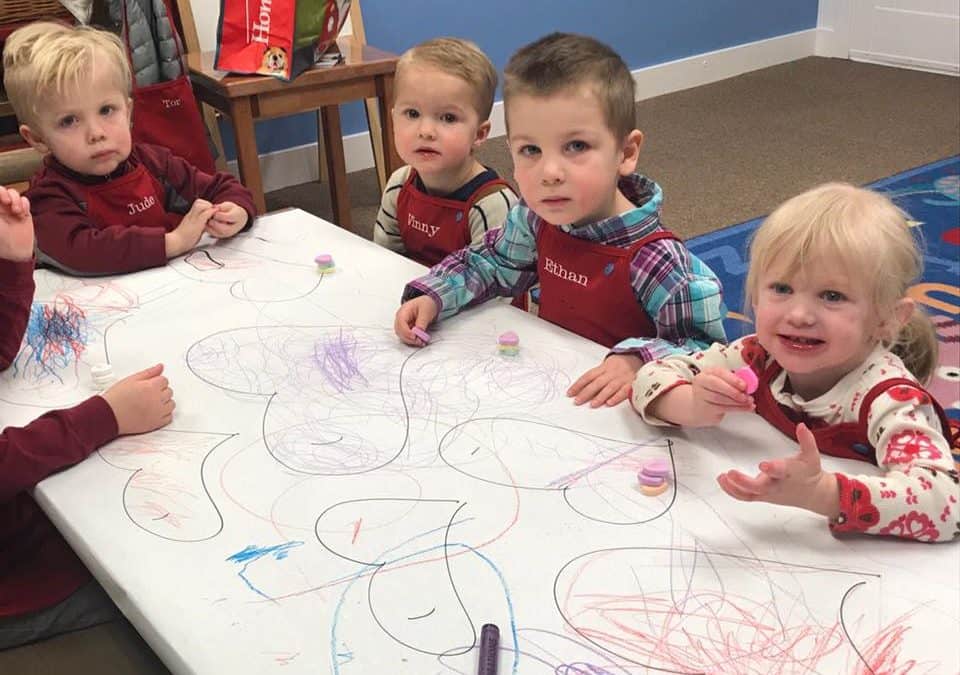Every child comes with his own quirks and personalities. Some are shy and reserved and have trouble making friends. Some will talk to every stranger they meet and make friends without even trying. Whatever their gifts or talents, every child can benefit from learning healthy social skills. Not only do social skills help children make friends, but they also lower stress and create emotionally healthy adults.
Teaching social skills to you child might seem daunting, especially when deciding where to begin. We’ve compiled a list of 7 social skills your child should learn to help you get started.
- Making eye contact with people. This might seem like nitpicking, but it’s actually really important! When children make eye contact while speaking or listening to others, they are learning nonverbal communication skills such as reading facial expressions and body language. It also helps children get on the “same wavelength” as the person they’re speaking to– literally! A recent study shows that when newborns and adults make eye contact with each other, their neural patterns temporarily synced up.
- Indoor voice vs. outdoor voice. Speaking in the wrong volume can be misleading. Talking too loud can make people think you’re angry. Too soft can make people think your sad. Understanding when it’s appropriate to be loud or soft can help with the development of communication skills.
- Not interrupting adults when they’re speaking. Parents often find themselves unable to have an adult conversation because their children frequently interrupt. Teaching your child to wait for a break in the conversation does more than save your sanity. It teaches impulse control, delayed gratification, respect, politeness, and patience– qualities that will serve your child well throughout life.
- Sharing. No one likes to play with the kid who hogs all the blocks. Learning to share helps children make friends, develop empathy, and learn how to work together. In fact, sharing is so important, it’s considered a milestone in a child’s social development.
- “Please” and “thank you.” These two simple phrases have a not so simple impact on social development and the way people view your child. Treating others with politeness can open doors that rudeness will close. When said sincerely, “please” and “thank you” protect against entitlement and foster gratitude.
- Listening when someone is talking. When children learn how to listen, they also learn how to talk. Listening can build a child’s vocabulary, ability to communicate, and grasp of language. It also stretches and develops a child’s attention span–much needed in a world of instant gratification and electronic devices!
- Working together. This skill changes your child’s focus from “I” to “We.” Not only does it help with making friends, but it lays the groundwork for success as an adult. A recent study shows that over 80% of midsize to large businesses look for collaboration skills in job candidates.
While this list is by no means exhaustive, these social skills can set a good foundation for healthy social, emotional, and character development.

